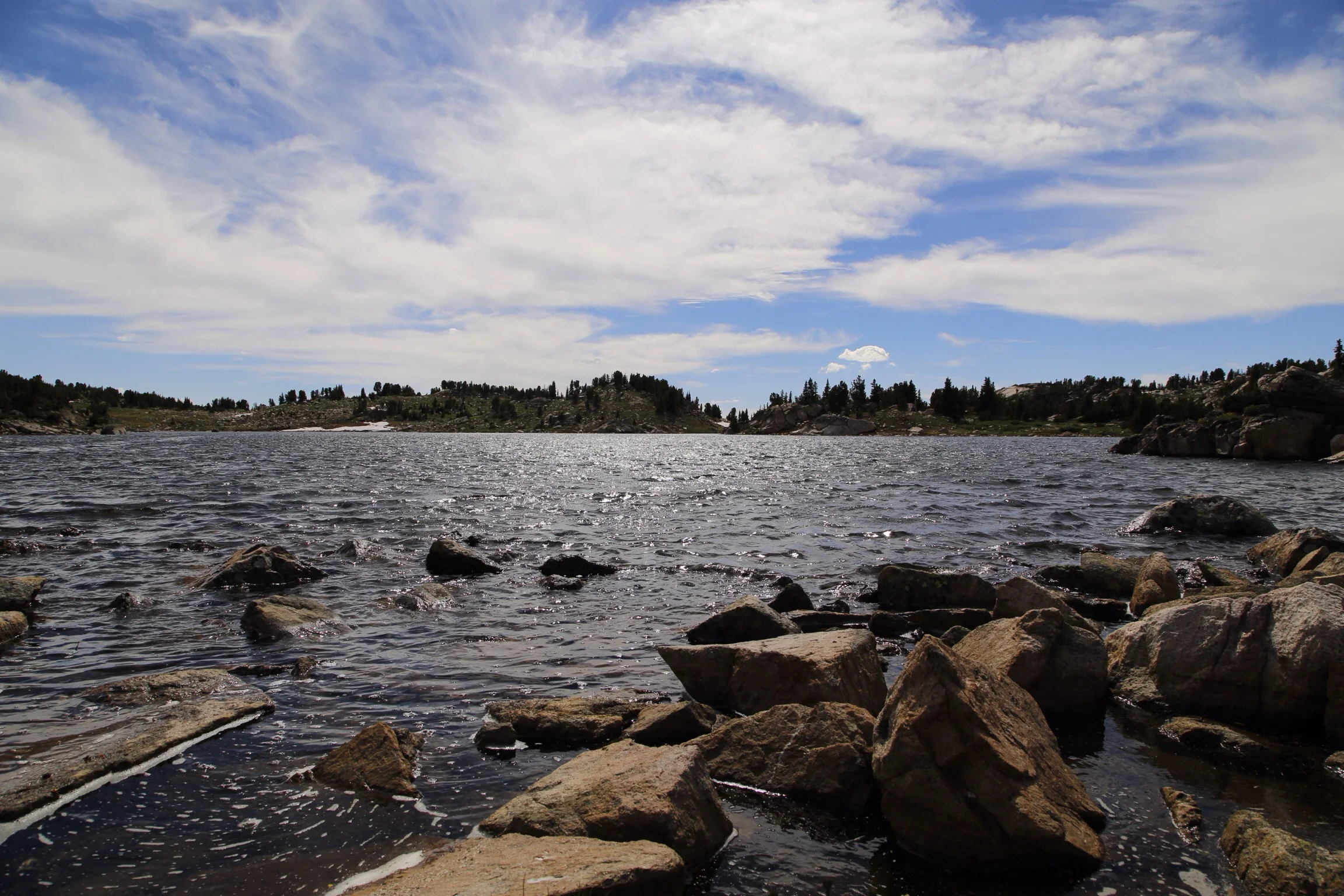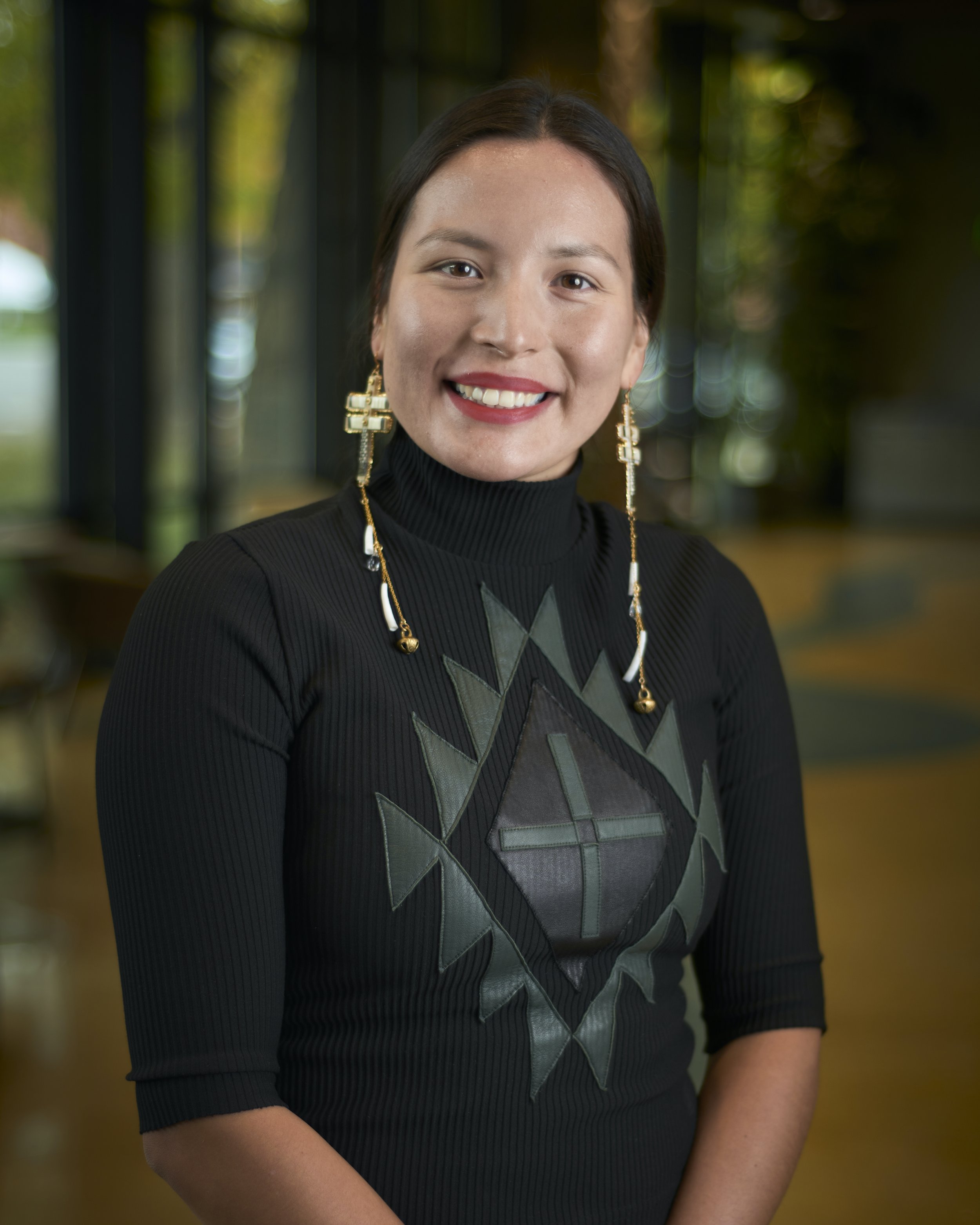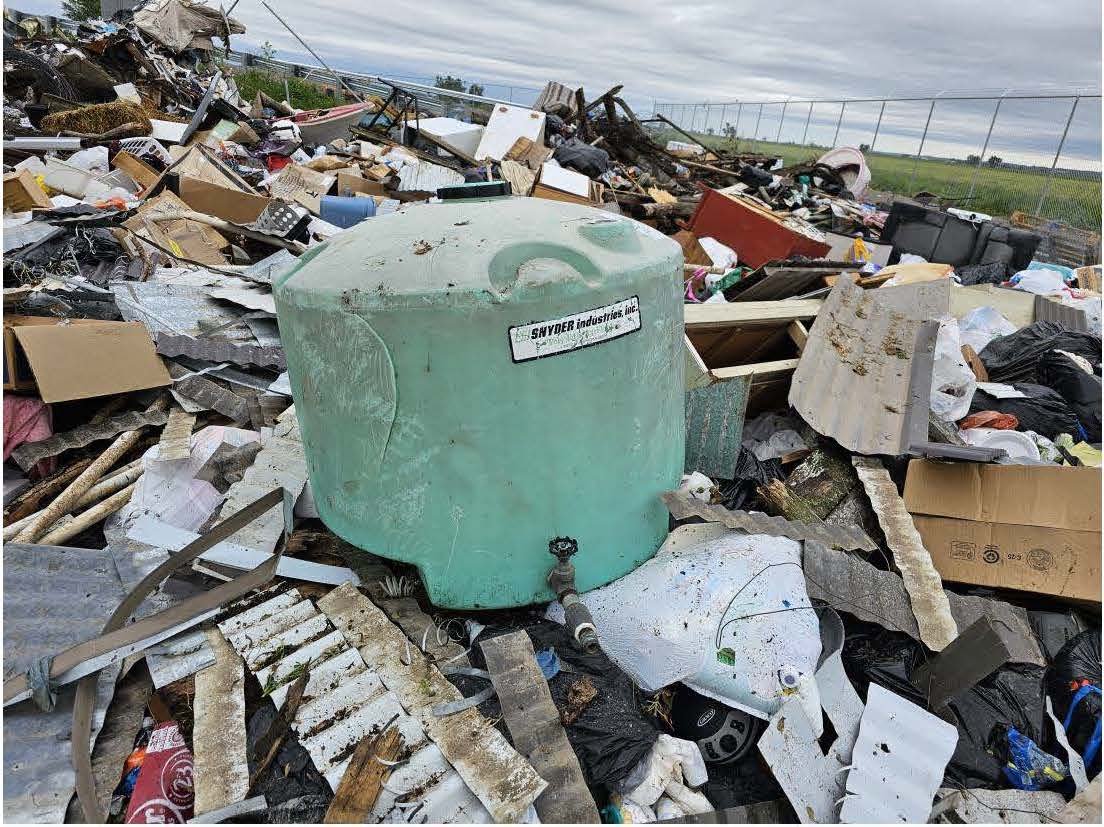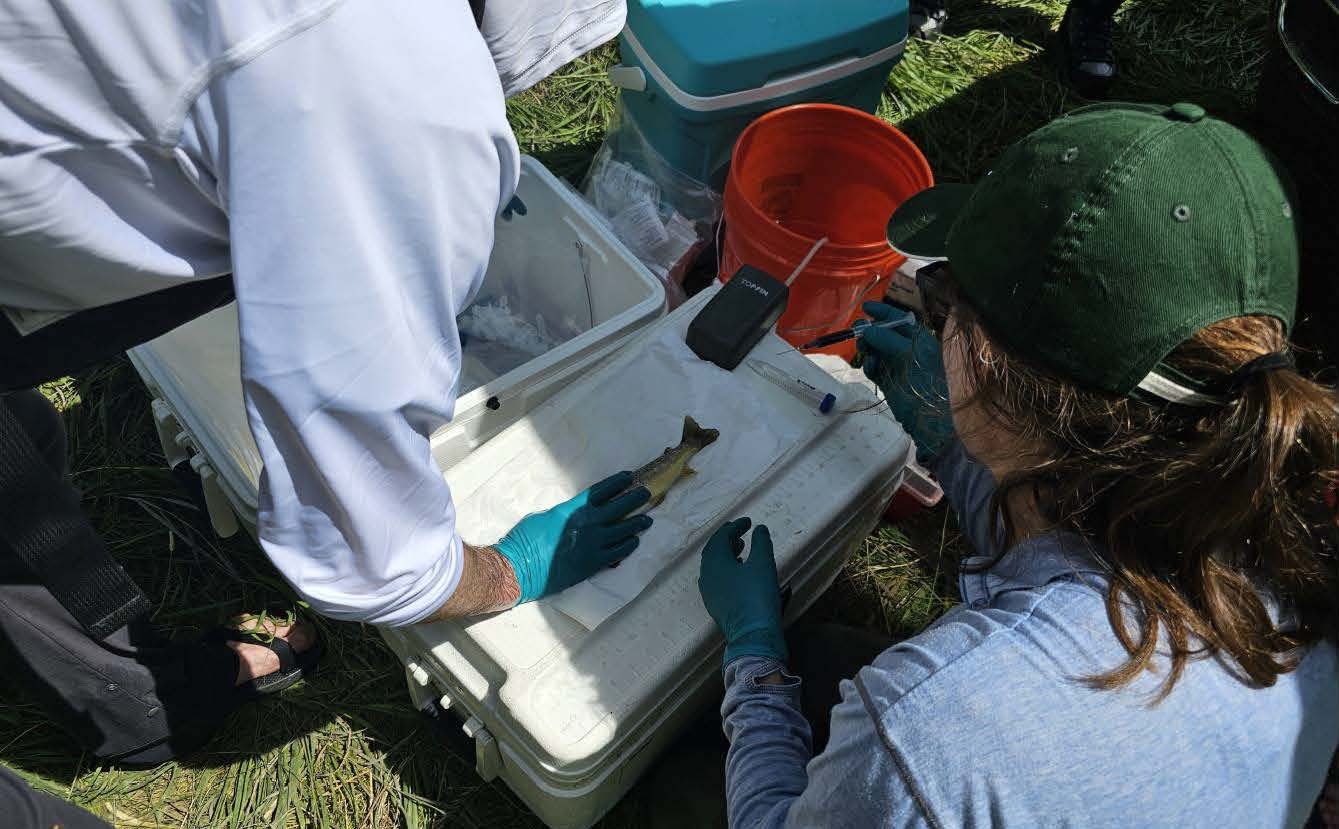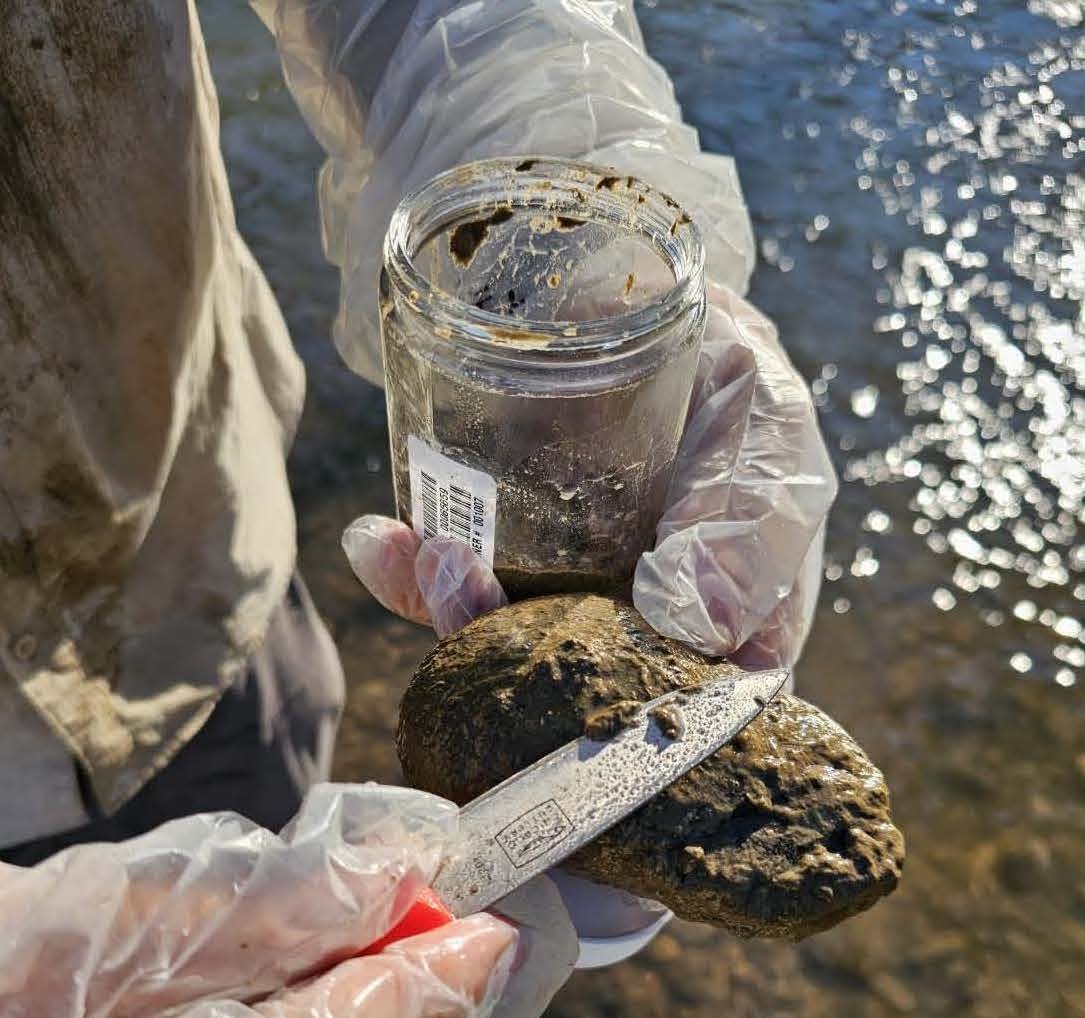madisan Chavez
Assessing groundwater Pfas contamination from abandoned waste disposal sites on the Crow reservation
The Crow Reservation is in south central Montana and drained by watersheds including the Bighorn River, Little Bighorn River, and Pryor Creek. The Little Bighorn River (LBHR) has its headwaters in Wyoming just south of the Montana border and runs through three towns on the reservation. The Crow (Apsaalooke) Tribe has a deep-rooted history surrounding the LBHR, relying on it for cultural practice and healing, yet water quality in the LBHR and its tributaries has been steadily degraded over the past 40 years. Per- and polyfluorinated alkyl substances (PFAS) are a family of 12,000+ synthetic chemicals and emerging environmental contaminants which have been in use since the 1950s. They are harmful to humans, wildlife, and aquatic life. In humans they accumulate in our blood, liver, kidneys, and brain, and bind to tissue proteins. They are so toxic the EPA is developing new regulatory standards to limit PFAS in public water supplies. PFAS are found in landfill and wastewater treatment plant effluent, and are known to leach readily in the environment. This research will investigate the following question: Do PFAS from abandoned waste disposal sites leach and/or contaminate water quality and impact the residents along the Little Bighorn River and their quality of life? Working with tribal elders to identify abandoned waste disposal sites, which are potential sources of PFAS contamination for groundwater, drinking water wells, and surface water in the LBHR, this project will testing groundwater at sites within and outside of the LBHR floodplain to assess PFAS contamination and transport in these areas. This research will complement the PFAS work already being conducted on the Crow Reservation by USGS Environmental Health Program scientists, Kelly Smallings and Paul Bradley.
Chavez was born and raised on the Crow Reservation; she is an enrolled member of the Crow nation, and is also Northern Cheyenne, Ogalala Lakota Sioux, and Mexican. Chavez graduated from Montana State University-Billings with a bachelor’s degree in environmental studies with a Minor in Earth Science. She is starting her first year in the Land Resources and Environmental Science (LRES) master’s program at MSU. Chavez is eager to apply her work toward improving water quality for the Crow (Apsaalooke) community, and specifically in working with the Crow Environmental Health Steering Committee (CEHSC) and other young Crow women in the Biawaatchache Collective.
